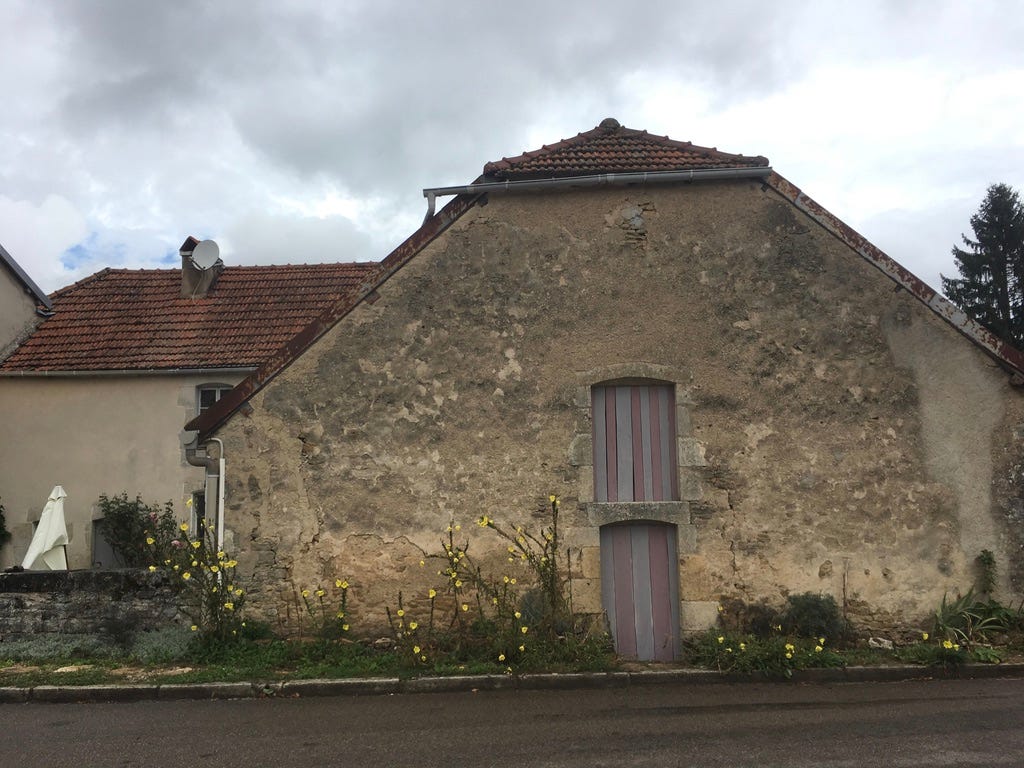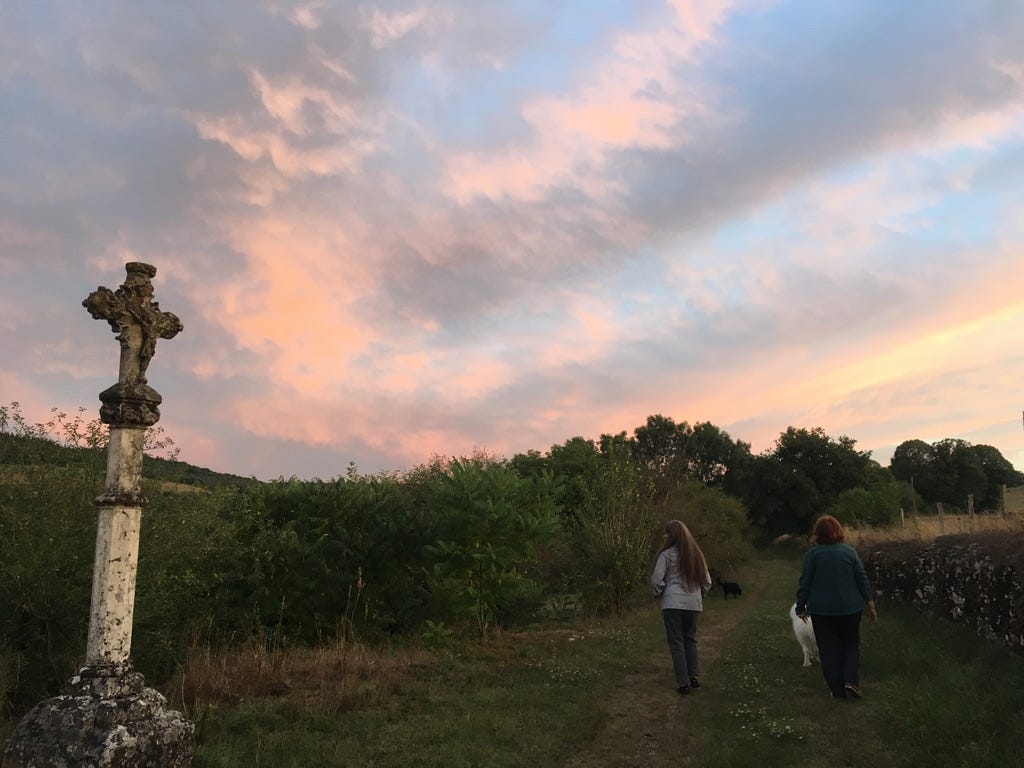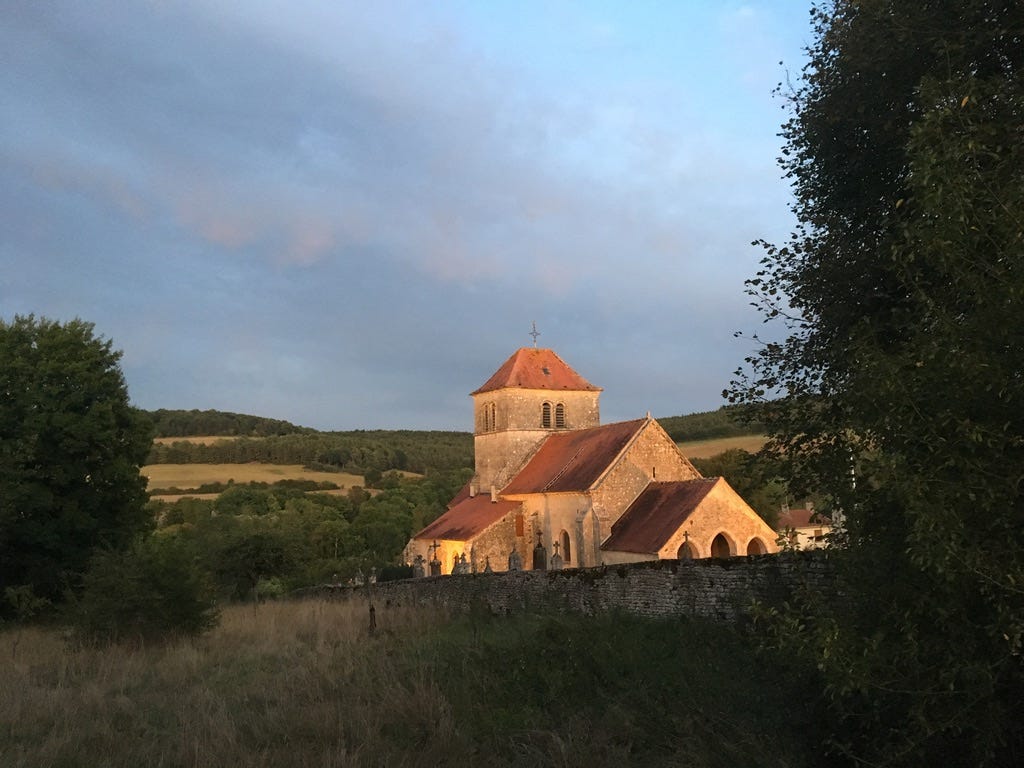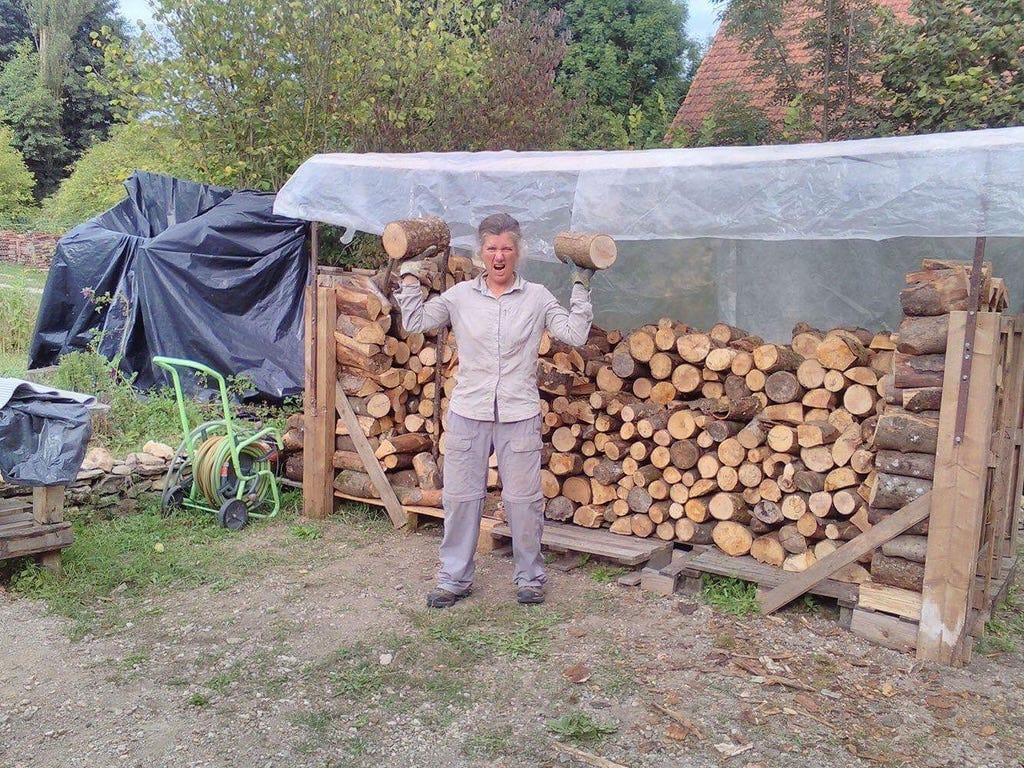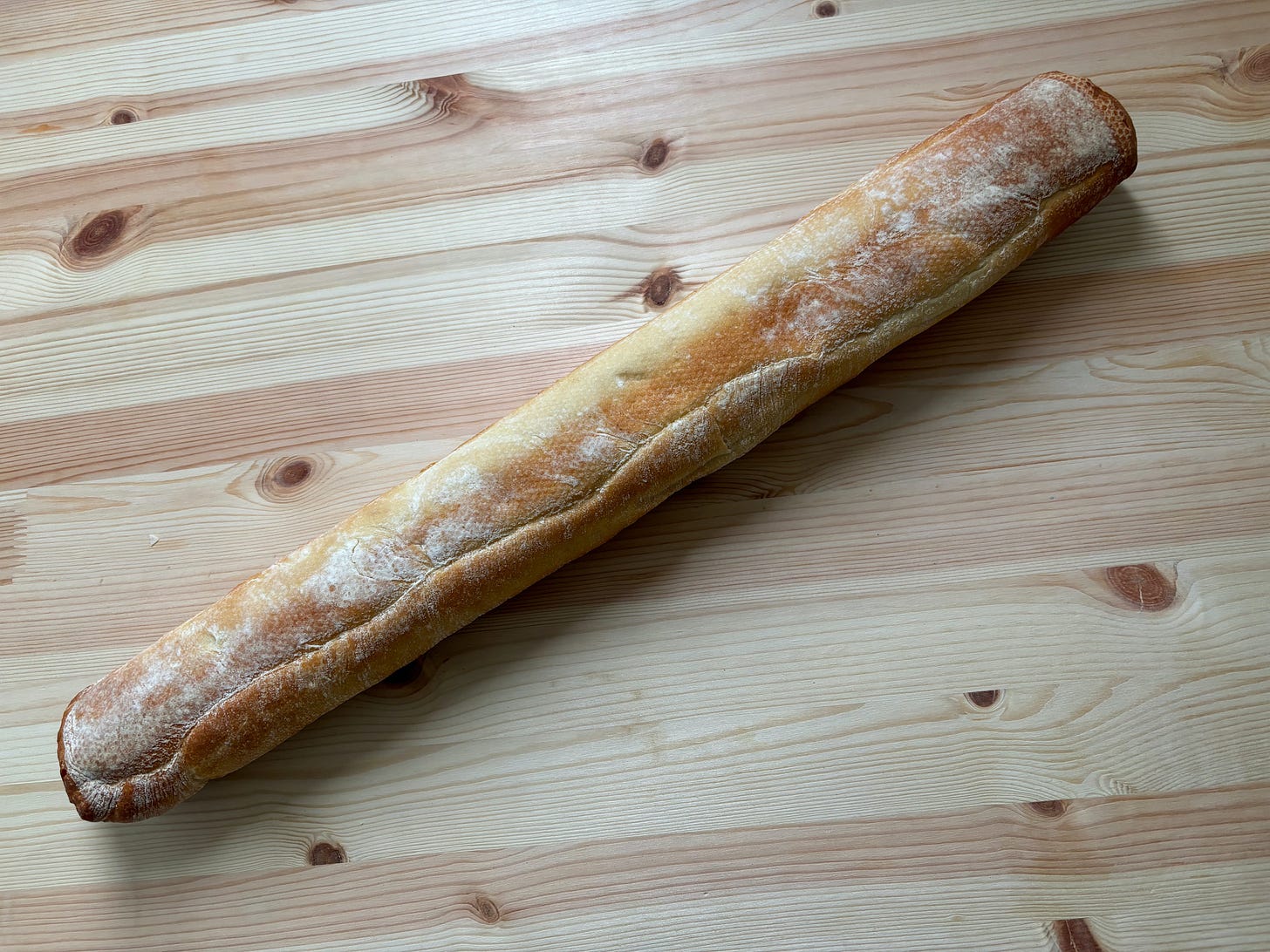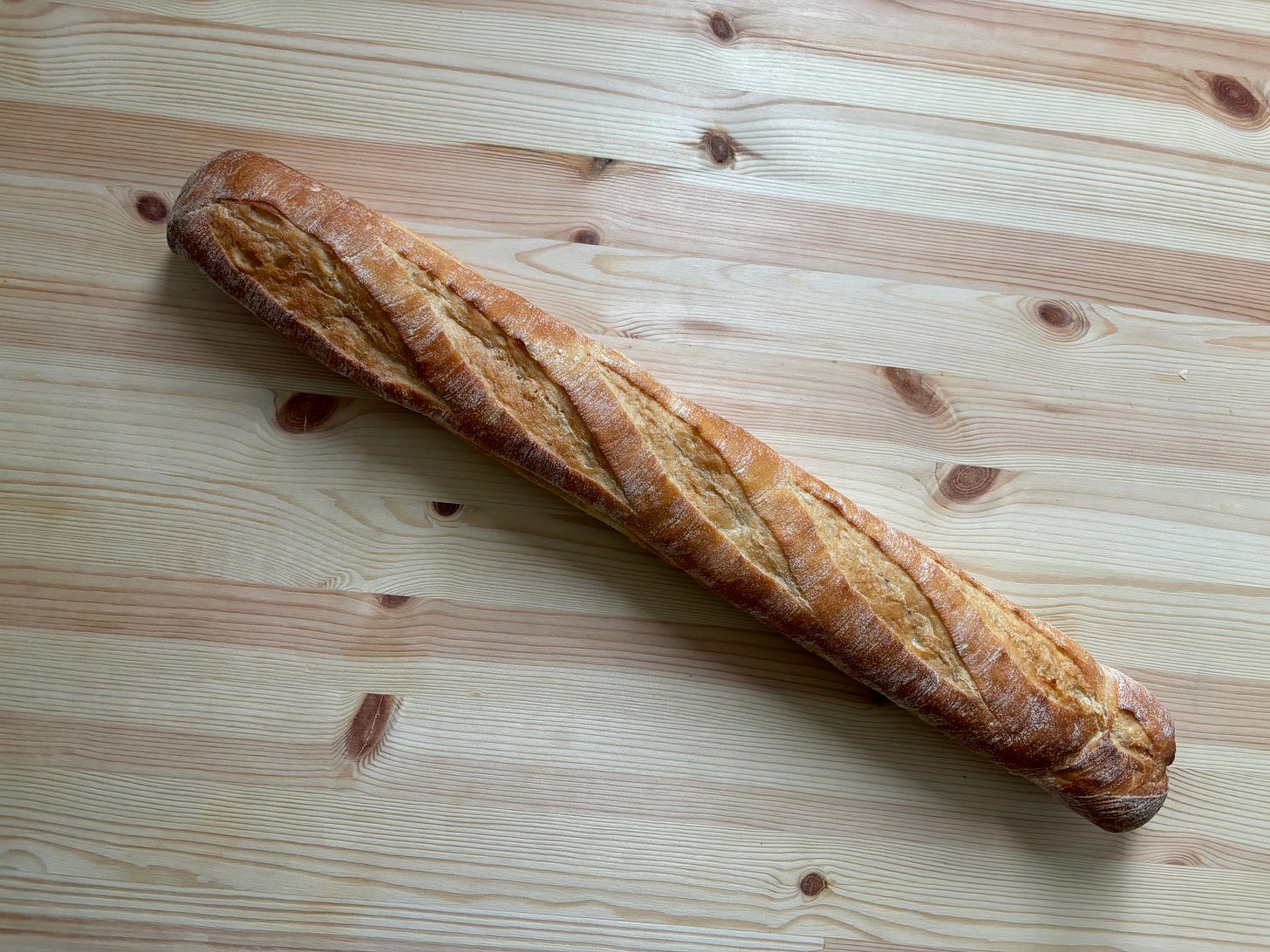“This time, in spite of my terrors, in spite of my agony, I began to feel a devouring hunger. It was forty-eight hours since I had taken any nourishment. I ate some bread and some fruit; then, remembering the narcotic mixed with the water I had drunk, I would not touch that which was placed on the table but filled my glass at a marble fountain fixed in the wall over my dressing table.”
Milady
Dumas
Once more, in search of Milady, I found me. Using strong chemical gel to dissolve paint and scrape the slimy remnants off a fireplace surround took my memories straight back to Remuera, Auckland. When I was about twelve, my parents opened an art gallery in a grand old wooden house. We all worked to make it presentable and my jobs included scraping several layers of green paint from a gigantic set of wooden gates going over the main driveway. The fumes from those enormous gates were like inhaling the flames of hell. It burned my skin and it was summer holidays so it was hot hot hot all round.
In Bay-sur-Aube, Champagne, an old stone fireplace was not so hellish, really.
On the 31st August 2017 I caught the train to Langres, feeling slightly more secure after WorkAway host Marie texted me to say, ‘Great! See you then!’ I spent the morning, worried about money and the future (as the young Anne de Breuil must have been) examining the older buildings of Reims. As usual it was difficult for my untrained eye to see the 1620 face in a modern city building but I could find hints and shapes there. Time was either all-embracing and endless or fleeting, finished, gone like spilt water on a hot Breuil footpath. The train went backwards and all the forward facing seats were taken. Bother.
Langres railway station was in the lonely, distant, quiet, scale of stations. Yet as I approached the sortie from the platform two women stood, guarding the door. Dressed in work-smart uniforms I thought they might bar me from using the door but no, they smiled and reassured me the way was clear.
There were no cars in the carpark as I moseyed on over to the café. A sign in the form of a flag twisted and turned in its metal sheath, giving that squeak so familiar from Western movies. The streets were deserted and the shutters were down and the stranger, sensing danger, is the new kid in town. Squeak, squeak, squeak …
The cafe was really nice with a cheery black and white sketch mural of two men enjoying a cuppa. I ordered a tea with a slice of lemon. It arrived in a capacious bright yellow lemon-shaped cup. Marie messaged to say she was on her way so I remained calm and all was well. There was something slightly soapy about the Lipton tea. Perhaps I needed my mouth washing out?
My new host Marie lived in a charming seventeenth-century farmhouse in Bay-Sur-Aube. Her half of it, including a squat outhouse, was a friendly building across the road from the Town Hall. Bright geraniums ranged around the town edges, excepting her place, where different flowers bloomed prettily. The other half of the farmhouse was for sale. Marie had a complaint lodged in the court about the common wall that was falling down. She needed to protect her property, of course.
Marie was in the process of making her home beautiful. Her collection of lovely pictures and furniture would be utilised once her planned improvements were made. She ran a successful Airbnb towards the rear of the property. She had a living room but seemed to spend most of her time in the kitchen area. There was a outdoor seating space and a large vegetable patch with a composting toilet in the far corner of the garden.
My room was upstairs, in the attic. It was a strong space of massive wooden beams interlocked in geometric power patterns to frame the house. She used the place to dry clothes in the winter, and for storage. I’m not sure exactly of the ancient layout of four hundred years ago, but surely the domestic animals would have lived below with the people using them as free heaters while feed was stored above - certainly in winter.
She gave me free reign to use any of the objects in the storage area to design my sleeping area. I gathered a little table to make a desk and borrowed a chair. I arranged a single bed and a carpet, a bedside lamp and several tapestries on the walls. It was a cosy little nook in an artist’s garret.
Marie was open and funny with a beautiful mouth that curled encouragingly up at the corners. She had a gorgeous big fluffy dog called Victor, and two black cats. Roucou was a stern, mean male cat and Princess was a slight, light young female. They could not be in the same room together. They played scary games of chase, thudding and thundering through my attic beams.
Marie had a friend called Inga who came to visit on the first day I was there. We all went for a crispy autumnal walk around the hills as the sun set.
The tolling church bell kept the time for all:
7am - wake up and get on with it
12 noon - go home for lunch
5 pm - finish work
10 pm - go to sleep
After I’d been introduced to the animals and the building, I chopped up pumpkin and stuck it in the oven on low before we went out, then when we got home I made the risotto. I didn’t have to wash the dishes. After Inga left, Marie talked more about the tasks she had in mind. First things first, the fireplace needed cleaning. She had a few recipies to try.
The next morning stage one of the fireplace commenced. Bicarb and soda made a bit of a difference. We prepared to go to dinner at Inga’s place. The two women felt like old friends now, especially when Inga heard I had been a theatre worker. She was particularly intrigued by puppetry as her husband had been a playwright - Werner Shwab. Inga would be delighted to see any of his work presented in a non-naturalistic manner. She was able to live in Vienna, rural France, and somewhere else on the proceeds of his work. Their (then) thirty-seven year old son was an electronic soundscape artist who also needed financial support, especially with the cost of his tech equipment. Any further productions would assist her lifestyle so if you’re interested … !
Marie and Inga had bonded over their knowledge of herbs and medicinal plants. They were fond of each other, demonstrated by their constant teasing. They partook in that female competition called, ‘I will give you more things than you want’. This rose to quite a bicker when Inga brought some peanut butter, ostensibly as a welcome gift to the visiting vegan (me). Marie had plenty of peanut butter, she couldn’t see the point of having another jar in the house. It was too much. I gathered she was pretty concerned about money and, as a proud woman, didn’t like to think she was in any way a charity case. I perfectly understood that feeling. But then, Inga was only being friendly.
They both told tales of living in a French country village. They did not find the aging environment friendly. They agreed life might have been different had there been schools or sporting areas or community for younger people. Instead, there were artists. They knew a group of twelve renovating their own place and we met one of the dancers at a fresh food market. The market itself was a delightful small-holding featuring an alpaca, a couple of goats, geese, many, many hens, ducks and peacocks. There was a shed where a young man sold veg and home-grown wine, another sold cheese, and yet another, more florid man, his skin tight to bursting and his red face a contrast to his sandy-white buzz-cut hair, stood guard over a host of vegetables. He looked tired but returned a grin. A nice dog came and rested on me.
Another time Inga told a story of wild boar. She said they were very dangerous as mother and babies. She could see them from a distance only by the shaking maize in a field as they moved below. Perhaps Milady might surprise a deer? Depending on where we are in her development, she might befriend it or kill it. Could she jump on the back of a charging boar? What if she were playing with the piglets when mama boar came charging home? How would she get out of that?
I read Werner Swab’s ‘First Ladies’ - a structured Buffon experience of abuse, shit and music. Reminded me of Wim Delvoye’s cloaca machines as seen in MONA, Hobart. If they were theatre. Which arguably, they were.
One day Marie took delivery of seven cubic metres of firewood, which we shelved in short order - two in the cellar and five in the purpose-built woodshed outdoors.
There was a delicate balancing act in WorkAways that I sometimes could not manage. It was important to get into the host’s timetable, and do as the host required. However, as my ex-husband would attest, waiting around for others to make a decision was not my best subject.
Without even thinking, after we had been on an outing in Marie’s little car, feeling the car roll, I pulled on the handbrake. She was in the process of getting out of the car but she turned back, grabbed my hand and said, with a charming smile, ‘It’s my car and I never turn on the handbrake.’ She leaves it in gear, and on the flat carpark. I explained that I was a nervous passenger and apologised profusely but the damage was done.
Another time she told me she wanted the overgrown gravel driveway weeded. And before I consciously thought about it, the words popped out, ‘Why don’t you just mow it? It’s a lawn now to all intents and purposes. We can just adjust the height of the machine to avoid the bigger pieces of gravel.’ Mistake.
She was adamant, it was her lawn. She wanted the weeds out. To me it seemed a hell of a lot of work given the amount of other renovations around the place on her wish list. Then again, it was most certainly not my place to argue with my host!
Conversely, it was my job to sit and chat at breakfast, lunch and dinner, plus cook and wash up. So apart from the housework and other tasks, there was the breaking bread together and, for Marie, this was an important cultural exchange. Unfortunately for Marie, I didn’t eat cheese and I didn’t drink wine, which curtailed my interest in sitting long at table. It also lured the unsuspecting into a false sense of friendship where, should an opinion stray too far out of line, I was brought to heel and informed fairly sharpish that I was just a WorkAwayer.
And then, with warm generosity, Marie offered to drive me to Charleville-Mesieres after my ten allotted days - she having friends she had not seen for many years on the way - and I wanting to finally see the most famous puppet festival in the world. We planned to knock off as much of the kitchen as possible before we left. Marie swung between saying she was sick of it and wishing it was finished and saying it was so much work and then dividing it into tiny workable steps. Like not moving furniture away from a wall that one supposes would be better to paint at one time. There you are, I was learning, not my wall, not my problem. I tried to do my jobs in the best way I could.
I was feeling my lack of negotiation skills in my tense shoulders.
And then, at one tasty meal (of not cheese and not wine), out of the blue—
Marie let out a fantastic shriek!
I thought she had seen a scorpion! A dragon! An overly aged musketeer!
But no, she cried, it was Executioner’s Bread!
What a wonderful moment!
I had no idea. You must always keep your bread flat base-baked side down, risen side up, or the host yells at you.
This was how common folk in historical times (Milady’s era!) could tell their bread from the Executioner’s. When they were worried about the smell of death they could not let their food get confused. So they turned his bread upside down. Eating Executioner’s bread would bring sorrow and bad fortune upon your house. Quite probably a practical protection against possible contamination.
What a lucky discovery for, as you will read in the novel, the young Anne endures such a moment of ridicule in front of her peers at the beginning of the first book - you’ll agree - an artistic foreshadowing of her own execution by the end of Dumas’s great adventure. Don’t you think?
How else could these questions of identity play out? Anne may not like things around her neck - and I have to work in something about swords - sword play - how does she learn how to use a sword? It is a sword that actually kills her - The Executioner of Lille - swords regarded as the most elegant method of dispatch? How can I build a structure that talks about identity and belonging, the essential nature of disguise in order to fit in? Acceptance?
Milady’s childhood story contains (at least) teenage rebellion, religion, sexual innocence, religious ecstasy, broken promises, punishment, escape, new beginnings, dreams come true, fairy tale romance, falsehoods, violence, retribution, rescue, healing, women supporting each other, empowerment, expectations devastated, helpless attempt to gain nun’s help (what would make Win return to England?), new life, the making of an Englishwoman, sensation in court, does Win get her father to arrange a suitable marriage?
Who will read this fabulous story? Will it bring any bread?




